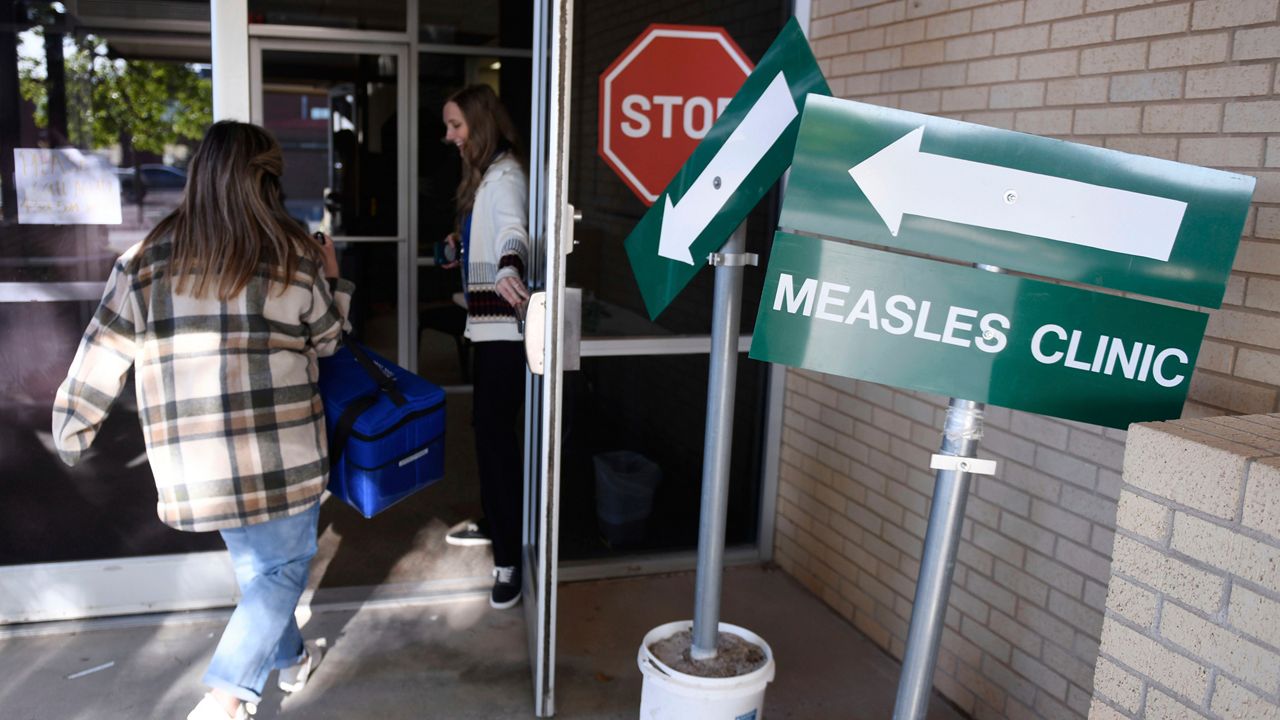AUSTIN, Texas — Eduardo Contreras is the owner of a technology consulting firm called ALCON Data-Tel Solutions in Austin. On Thursday, he spoke with his team about a job they’re doing in Waco.
“It’s next to impossible for a small business owner who wears multiple hats throughout the day to have to keep track of the various cities that they have to comply with,” he said.
His only office is in Austin, but his team works across the state. He says certain jobs must follow local construction regulations because members of his team run cables in and out of buildings.
“If we do this in the City of Dallas, or the City of San Antonio, we’re going to have to try to understand how to comply with their regulations before even going out there to do the work. And of course, what happens if we don’t comply? Then we have those penalties,” Contreras said.
In September, a new state law will limit a city’s ability to pass local ordinances goes into effect. HB 2127 focuses on eliminating local codes related to labor, agriculture, business, finance and more.
READ MORE: Construction manager says he'll still give workers breaks
Supporters say removing a patchwork of regulations across the state will help business owners and their employees. But local officials say the bill prevents them from responding to issues in their communities.
That’s why Houston sued Texas, and San Antonio joined in.
“The Texas Constitution gives Home Rule cities the ability to create local ordinances, and in an attempt to seize that power, lawmakers have overstepped and abused their authority with HB 2127. As a result, the city of San Antonio has filed suit against the state of Texas to challenge the validity of House Bill 2127. The city is filed as an intervener in the city of Houston suit,” said San Antonio Mayor Ron Nirenberg. “We do not surrender our community’s right to self governance, and that is why it is necessary to challenge this law in court.”
The cities of Dallas and Austin are waiting it out, for now.
A Dallas spokesperson tells Spectrum News in part, “The Act is unclear, vague, inconsistent with current preemption law, and poses more questions than it answers… The city is reviewing its options in response to this Act.”
Another spokesperson for the City of Austin says, “Austin intends to provide legal briefing in the City of Houston case further along in the process.”
But for Contreras, he says the law will be good for his business. He will no longer have to worry about facing penalties or fines when doing business in other cities.
“We all want to be in compliance. It just doesn’t need to be a tangled web between all these separate cities, which have no consistency or streamline to those regulations,” he said.
Cities will still have control of things like police, fire, arts and culture, zoning and taxes.
“There’s plenty still at the cities are going to continue to be able to take a lead on,” said Glenn Hamer, the president of the Texas Association of Business. “Our cities are going to be able to focus on those activities, while our businesses are going to be able to focus on providing great paying jobs for their employers and great goods and services for their customers.”
Hamer, who supports the bill, thinks more cities could join Houston and San Antonio in the suit against Texas.
“It’s very possible,” he said. “But again, this bill was very carefully crafted, and we’re confident when it’s all said and done, not only will it survive constitutional scrutiny, but it will be well received by the people and businesses in the state of Texas, and will become a model piece of legislation that you’re going to see pop up across the United States.”











